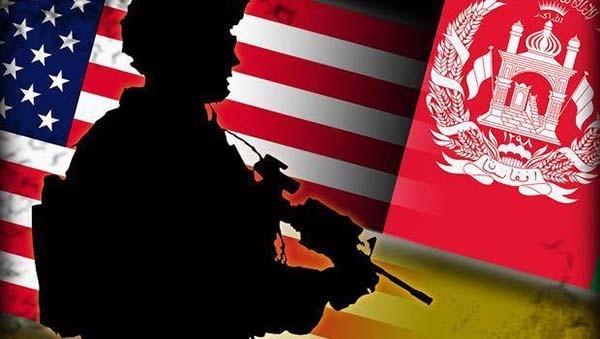The commander of NATO’s Resolute Support mission and US forces in Afghanistan, Gen. John F. Campbell, acknowledges the unfortunate reality that the war-hit country is passing through critical juncture but remained hush on the root cause. He stresses on presence of the US forces beyond 2016 to help the Afghan government. His colleague, Defense Secretary Ash Carter is of the same view. He has convinced the NATO member states to show flexibility on presence of troops. The efforts of NATO, aimed at supporting Kabul, are indeed worth commending. However, there shall be emphasis on result-oriented solution. Extending the stay is not durable solution. To put an end to the prevailing insurgency and reverse the Taliban’s ability to strike, the US and its partners should address the root cause.
As a first step, the US should acknowledge its mistakes and overhaul its security policies regarding Afghanistan. The first mistake was that Afghan security forces were not trained and equipped on modern lines but vis-à-vis Taliban. Taliban insurgents are conventional fighters but those who support and train them know well about modern military strategies and guerrilla warfare. It will not be exaggeration to say that they are quite good at this because the international community allowed them to do so while turning a blind eye to the ongoing chaos in the region.
Fall of Kunduz to the Taliban highlights this mistake. If Afghanistan had credible air power, the insurgents would not have been able to take the city. Afghan security forces still depend on coalition forces for air support. If the NATO member countries have addressed this gray area, the situation has been different now on the ground. The Taliban will have been on reverse instead of gaining new areas or launching large-scale attacks. The US and its NATO allies should consider needs of Afghanistan. Kabul has repeatedly urged Washington to provide modern gunships. Well-equipped Afghan military is a key to success in the ongoing war on terror.
Moreover, the NATO members are rushing to those who are supporting terrorism in the region. The war will drag on for several more decades to come until they distinguished between friends and foes. Biggest failure of the NATO is that it is not addressing the root cause—finding and destroying shelters of insurgents and breaking the link between these organizations and their supporters.
The international community knows where the Taliban are hiding and where suicide bombers are trained. Chain of the Taliban’s command is still intact. Therefore, despite over a decade the superpower and its friends failed to wrap the war up. Without breaking that chain, there will neither be successful peace talks and nor decrease in insurgency. Al-Qaeda vanished after death of Osama bin Laden in Abbottabad. Other terror organizations will have the same fate if the US responded the same way—hunt for leadership of terrorist networks no matter where they are. Guerrilla wars end with death of the movements’ leadership.
 Afghanistan Times
Afghanistan Times


